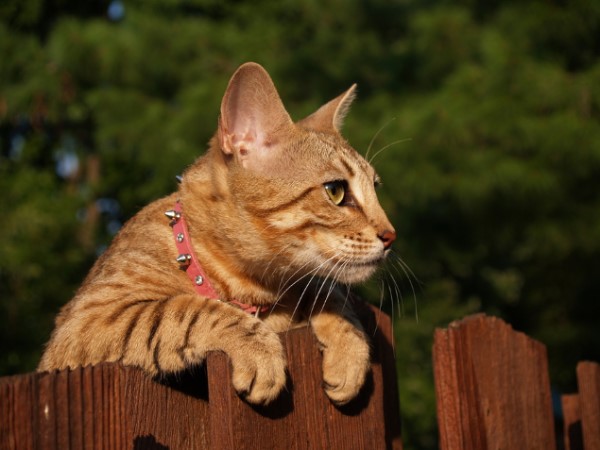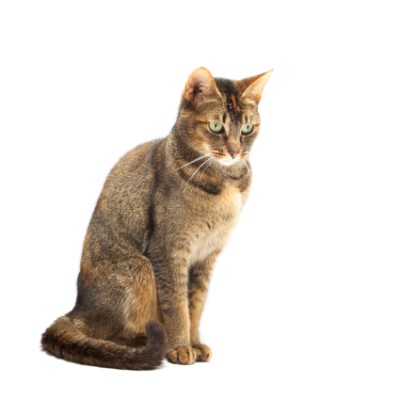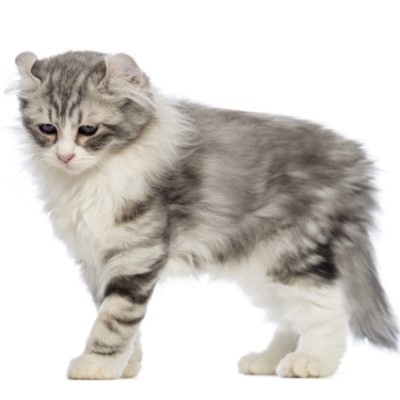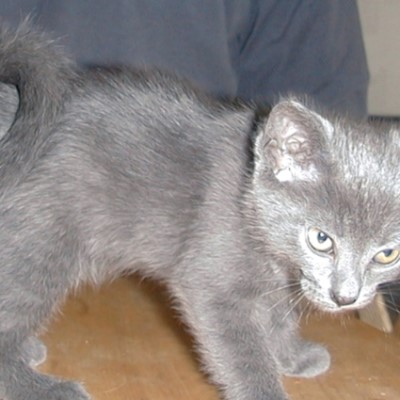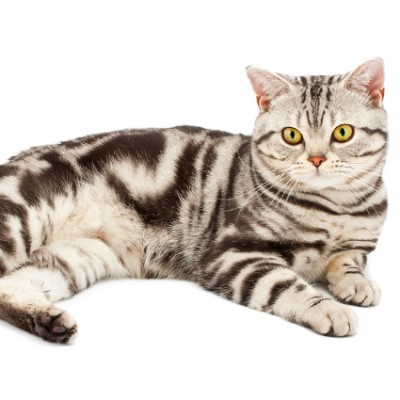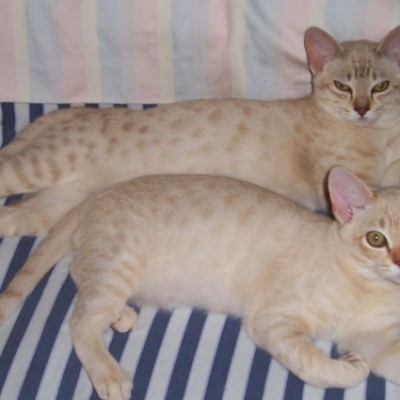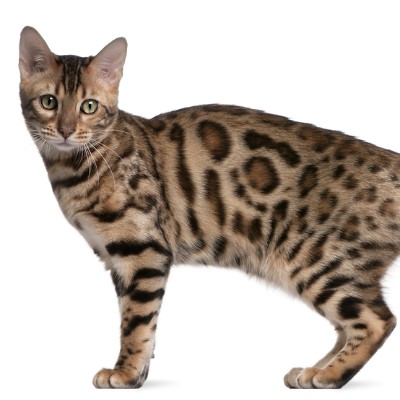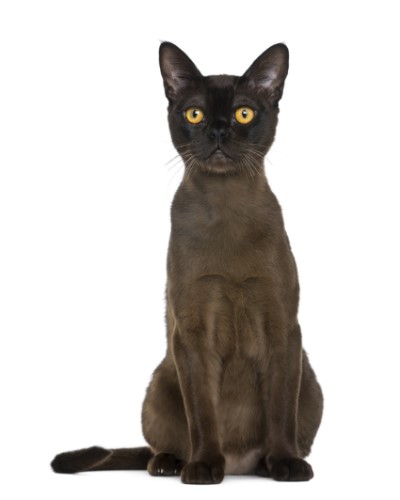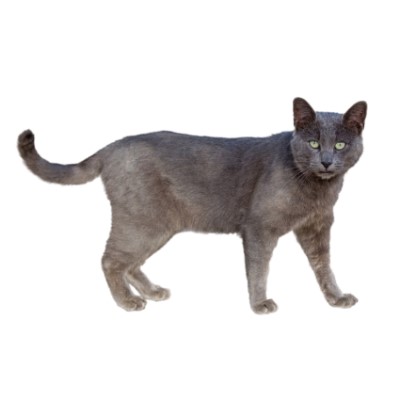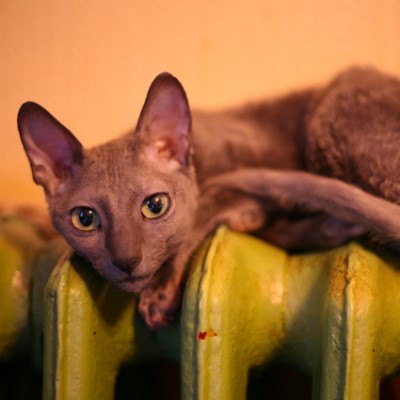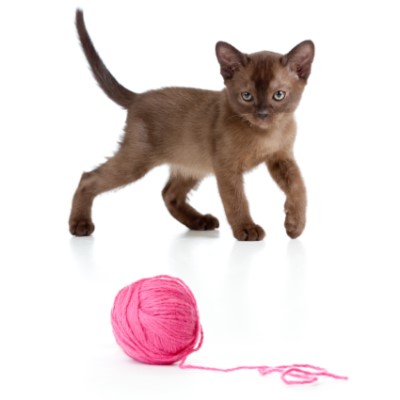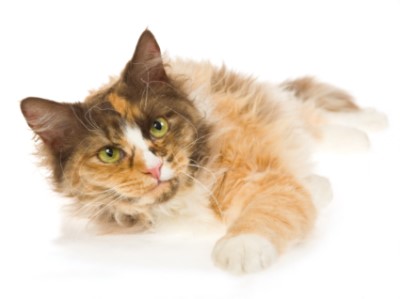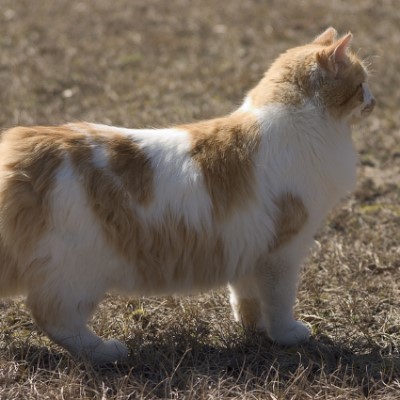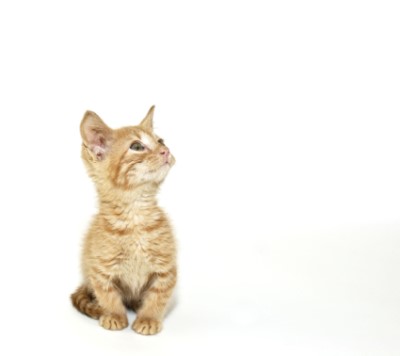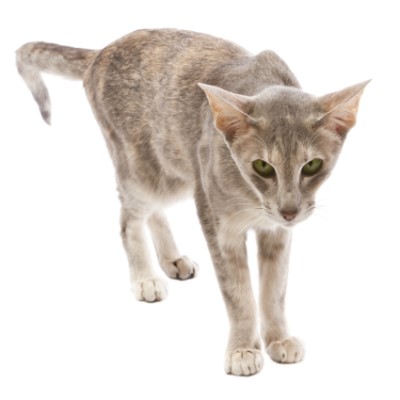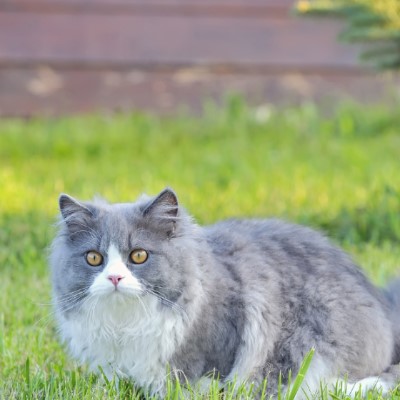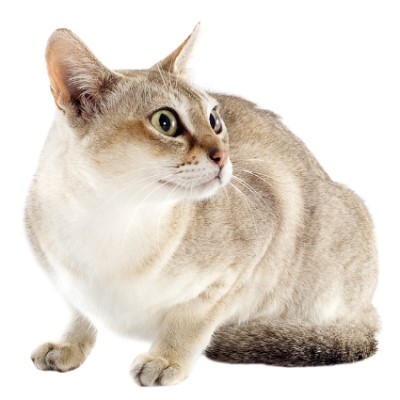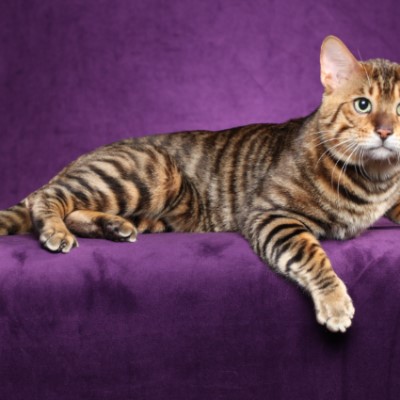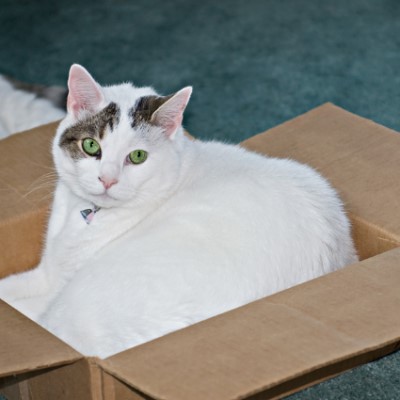Common Reasons for Surrender
Most Savannah cats are surrendered because of a problem with their owner. Many people fail to do adequate research on the cost and the reality of having a cat. An individual meets a new partner who is allergic or doesn’t like cats, and the Savannah cat goes to a rescue or a shelter. Other common reasons for surrender include the arrival of a new baby, an individual has to work more hours at his job, or the family is moving to a non-pet-friendly residence.
Sometimes Savannah cats, like other cats, will avoid using their litter box or mark their territory. Some people simply give up instead of trying simple techniques to remedy the situation. Spaying or neutering often fixes the problem. If that doesn’t work, simply try providing a larger litter box, more litter boxes, use a different litter, clean the litter box more often, or remove the cover, if the litter box has one.
Pros
Savannahs make an ideal companion. They are intelligent, athletic, and high energy and enjoy interacting with their humans.
Cons
A bored Savannah cat will often get in trouble. Savannah cats, because of their intelligence and high energy, must be physically and mentally stimulated or you may find your bathroom filled with shredded toilet paper and books and other items tossed from high shelves. If you have an elderly cat, you may not want to bring a rambunctious Savannah kitten home.
Diet
Feed your Savannah kitten or cat the highest quality cat food you can afford. It is especially important to feed a fast-growing kitten a nutritious, high quality food. What type of food really depends on your Savannah’s preferences. Kibble, wet food, and a raw diet are all acceptable foods for the Savannah. Some people mistakenly believe that the Savannah must have a raw diet due to their descending from wild cats. You can feed whatever you prefer, as long as long as it is high quality, as Savannahs are domesticated cats.
Your Savannah cat will also appreciate treats, such as Pounce and Temptations, from time to time. Halopets freeze-dried chicken treats are also a popular option.
Exercise
Unlike some breeds, Savannahs require plenty of play time to expend their abundance of energy. Schedule play time each day. Most Savannahs enjoy jumping after a wand toy and jumping on cat trees and kitty shelves. You may also want to consider another Savannah cat with whom your cat can play and burn off energy.
Possible Health Issues
Generally a hardy breed, Savannah cats may be prone to heart issues such as Hypertrophic Cardiomyopathy (HCM).
Litter
Ask the rescue, shelter, or breeder from which you adopt your Savannah what litter mix they used for your cat. If your Savannah doesn’t like it, find something she does like. But, when transitioning to your home, use what she already knows.
Grooming
Savannahs require light grooming because they do not shed a lot. Petting your Savannah each day should suffice in removing any loose hair, which should be minimal. During the warmer months when they may shed more, brush your Savannah from time to time to remove any additional hair. Savannahs typically do well with water, so you may want to give your cat an occasional bath to reduce pet dander.
Housing
House your Savannah indoors only. A curious cat who likes to roam, your Savannah may end up miles away and unable to get back home if he’s left outside alone.
Training
Most Savannah cats, due to their intelligence, learn quickly and respond positively to training. If you want to train your cat to do basic commands or tricks, such as sitting or shaking hands, start by using the clicker method.
Entertainment
Some Savannahs enjoy walking on a leash. However, you must start training your cat to use a leash very early in her life. Savannahs typically walk like Beagles, wandering from smell to smell rather than just talking a brisk stroll. Wand toys and feather toys allow Savannahs to leap and to run around, which most enjoy. A good game of fetch is another ideal way to keep your Savannah entertained.
We want to thank Savannah Rescue for help with this profile.
